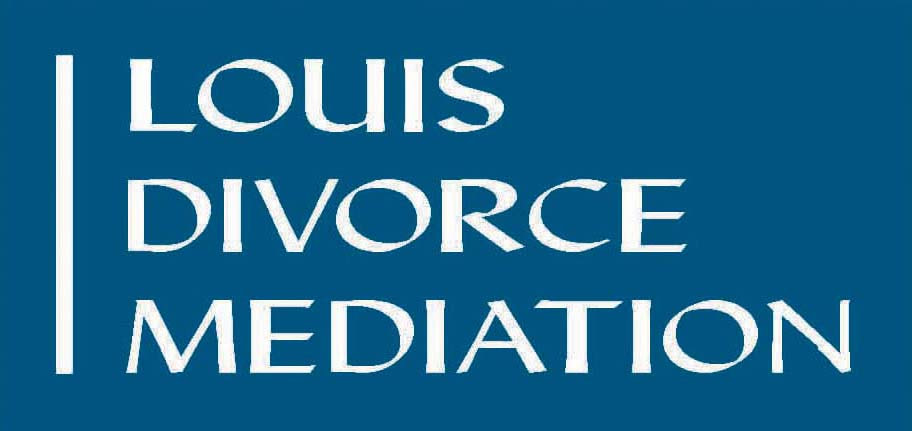Louis Divorce Mediation ~ Online and In-Person Mediation in Chicago
|
As discussed in last week’s blog, divorcing parents face three important sets of decisions as they consider future college expenses, namely (1) saving for the future; (2) determining parental vs. student financial responsibility; and (3) allocating parental responsibility.
In divorce mediation, how parents address decisions about future college expenses for their children depends on the age of their children, the anticipated continuing resources available to the parents and attitudes toward future commitment. In mediation, how parents address these decisions depends on the age of their children, the anticipated continuing resources available to the parents and attitudes toward future commitment. Let’s explore three different approaches. The Detailed Plan This strategy works well for children of any age and usually requires parents to be able to plan realistically for future resources and be willing to make a commitment and stick to it. In this plan, parents have these options:
In some divorce mediation cases, parents create a plan that includes one or two of these options but not all three. This strategy offers the benefit of certainty, while carrying the risk that unforeseen circumstances could affect the plan being followed by both parents. This could invite future conflict and misunderstanding. The “Plan to Plan” This strategy works better with younger children, where parents aren’t able to feel certain enough about the future to make a commitment now. Essentially, this involves the parents scheduling a future time (usually during a child’s enrollment in high school) to discuss the topics of parental vs. student contribution and the allocation of the parental contribution. This approach doesn’t force parents to make a commitment that they may be uncomfortable about making presently but still provides a deadline for addressing college expenses. Of course, there is a risk of future disagreement. For parents who aren’t enamored with the idea of having to discuss financial issues post-divorce, this may not be workable. Establishing provisions for future dispute resolution is also important to the success of this kind of planning. No Commitment This strategy works best where uncertainty is the greatest and resources are limited. Most parents want to help their children financially in some way, yet the financial challenges of divorce can be significant enough to affect a parent’s ability to make a promise that may not be kept. When parents choose this path, they are not abandoning their children financially. Instead, they are saying that, while they will do what they can to help, they don’t want to be bound by a legal agreement to any specific plan for paying for college costs. The benefit of this strategy is that the risk of breaking a promise later is eliminated, as there are no promises being made. The risk relates to what can happen in the future if one parent expects the other parent to contribute to college and that parent is unwilling to do so. While courts can order parents to contribute to a child’s college education, how a court would address this when the parents agreed not to make a legal commitment is not clear, and the prospect of going to court does not usually appeal to divorce mediation clients. ~ ~ ~ A fundamental part of the divorce mediation process is to allow for exploring options and identifying needs and interests that can be met by each option—with the end goal of a decision that best meets those requirements.
0 Comments
Leave a Reply. |
Categories |
David Louis, MPA, CDFA® • Louis Mediation Services - Chicago
|
Chicago Office: 1700 W Irving Park Rd., Suite 105, Chicago, IL 60613
Northbrook Office: 555 Skokie Blvd., Suite 500, Northbrook, IL 60062 |
Copyright © 2024


 RSS Feed
RSS Feed